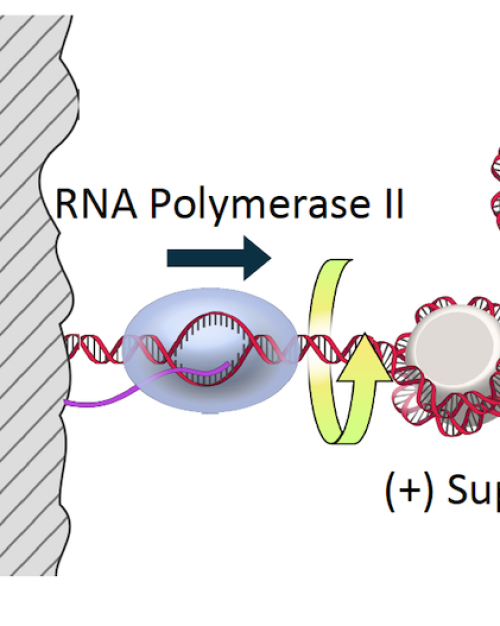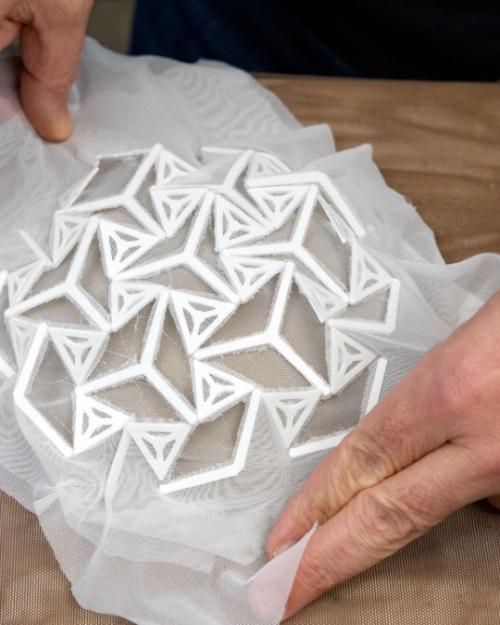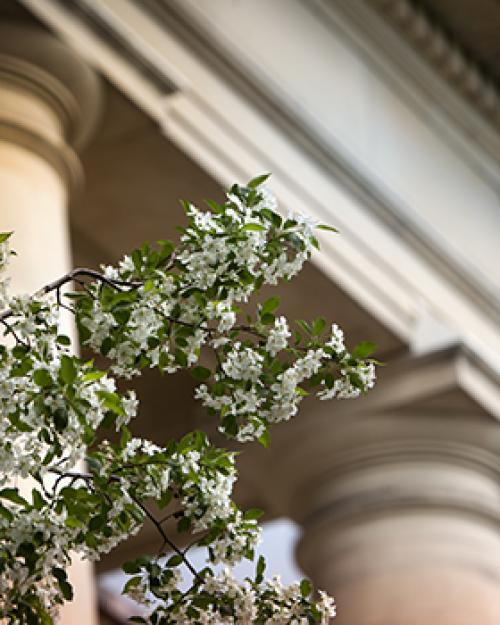Three professors – representing the departments of physics, materials science and engineering, and electrical and computer engineering – have been elected fellows of the American Physical Society (APS).
The fellowship program recognizes physicists who have made exceptional contributions in physics research, important applications of physics, leadership in or service to physics, or significant contributions to physics education.
Matthias Liepe, professor of physics in the College of Arts and Sciences, was elected for multiple contributions to the fundamental science and engineering of radiofrequency superconducting materials, accelerating cavities, cryomodules, and instrumentation and controls. He was also honored for excellence in graduate and undergraduate physics education. Liepe studies the science, technology and applications of bulk and thin-film superconductors in high electromagnetic fields at ultra-high frequencies.
James Sethna, professor of physics in the College of Arts and Sciences, was cited for seminal and wide-ranging contributions to information geometry, “sloppy models,” crackling noise, fracture and emergent self-similarity. His work explores how multiparameter, or “sloppy,” models behave collectively; his team is using statistical mechanics to understand plasticity and fracture in disordered materials.
Huili Grace Xing, the William L. Quackenbush Professor of Electrical and Computer Engineering, and Materials Science and Engineering in the College of Engineering, was elected for pioneering contributions in polar wide-bandgap semiconductors, 2D crystal semiconductors and layered crystals. Her research group focuses on semiconductor electronic and optical materials and devices, primarily III-V nitride semiconductors, 2D crystals, gallium oxide, more recently piezoelectric, multiferroics and magnetic materials.
APS fellowship is limited to no more than 0.5% of all APS members in a given year. There were 168 members elected APS fellows this year. A total of 108 Cornell researchers have been elected since the fellowship was established in 1921.
Read the story in the Cornell Chronicle.




